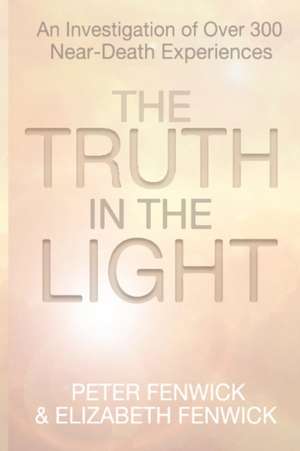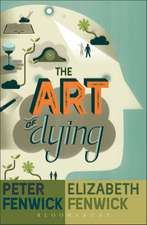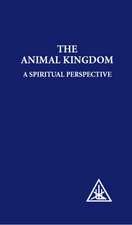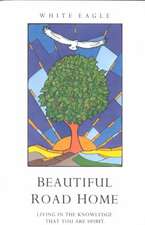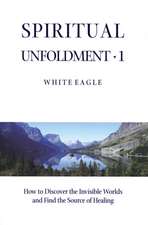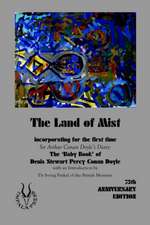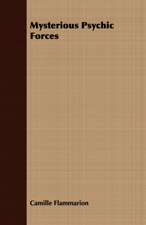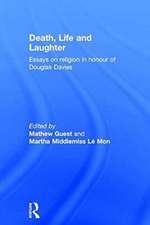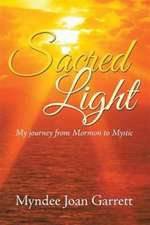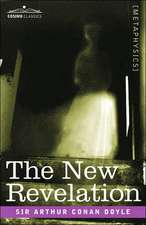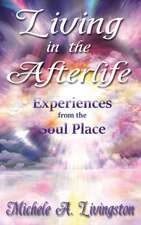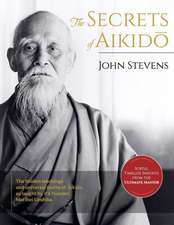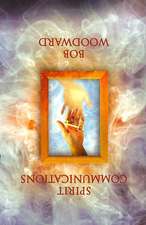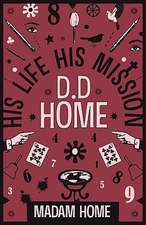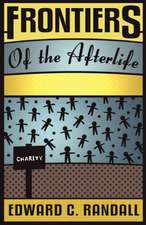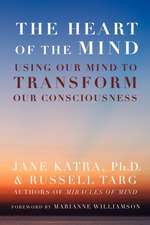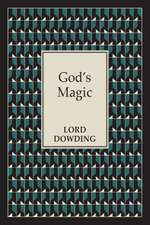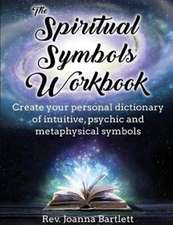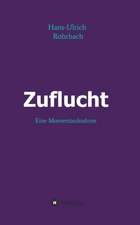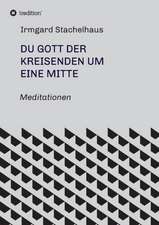The Truth in the Light
Autor Peter Fenwick, Elizabeth Fenwicken Limba Engleză Paperback – 22 ian 2012
Preț: 139.76 lei
Nou
Puncte Express: 210
Preț estimativ în valută:
26.74€ • 27.100$ • 22.13£
26.74€ • 27.100$ • 22.13£
Carte disponibilă
Livrare economică 15-29 martie
Preluare comenzi: 021 569.72.76
Specificații
ISBN-13: 9781908733085
ISBN-10: 190873308X
Pagini: 301
Dimensiuni: 152 x 229 x 18 mm
Greutate: 0.47 kg
Editura: White Crow Books
ISBN-10: 190873308X
Pagini: 301
Dimensiuni: 152 x 229 x 18 mm
Greutate: 0.47 kg
Editura: White Crow Books
Notă biografică
Dr. Peter Brooke Cadogan Fenwick - President of the Scientific and Medical Network - is a graduate of Trinity College, Cambridge, where he studied Natural Science. He obtained his clinical medical experience at St Thomas' Hospital.
Career
Peter was a senior lecturer at King's College, London, where he worked as a consultant at the Institute of Psychiatry. He was the Consultant Neuropsychiatrist at both the Maudsley and John Radcliffe hospitals, and also provided neurophysiology services for Broadmoor Special Hospital. He worked with the Mental Health Group at the University of Southampton, and held a visiting professorship at the Riken Neurosciences Institute in Japan.
Peter was the president of the Horizon Research Foundation, an organisation that supports research into end-of-life experiences. Before this he was the President of the British branch of the International Association for Near-Death Studies.
Peter has been part of the editorial board for a number of journals, including the Journal of Neurology, Neurosurgery, and Psychiatry, the Journal of Consciousness Studies and the Journal of Epilepsy and Behaviour.
Near-death research
Fenwick's interest in near-death experiences was piqued when he read Raymond Moody's book Life After Life. Initially sceptical of Moody's anecdotal evidence, Fenwick reassessed his opinion after a discussion with one of his own patients, who described a near-death experience very similar to that of Moody's subjects. Since then, he has collected and analysed more than 300 examples of near-death experiences.
He has been criticised by the medical community for claiming that consciousness can survive bodily death, but Peter argues, and the evidence supports, that consciousness may be more than just a function of the brain.
"The plain fact is that none of us understands these phenomena. As for the soul and life after death, they are still open questions, though I myself suspect that NDEs are part of the same continuum as mystical experiences.
Fenwick and his wife, Elizabeth are co-authors of The Art of Dying, a study of the spiritual needs of patients as they approach death. The Fenwicks argue that modern medical practices have devalued end-of-life experiences, and call for a more holistic approach to death and dying. In 2003, Fenwick and Sam Parnia appeared in the BBC documentary The Day I Died. In the documentary Parnia and Fenwick discussed their belief that research from near-death experiences indicates the mind is independent of the brain.
